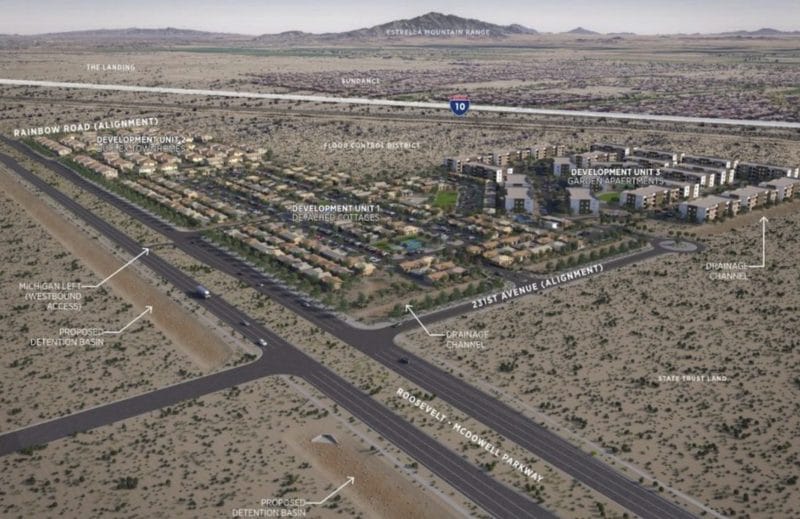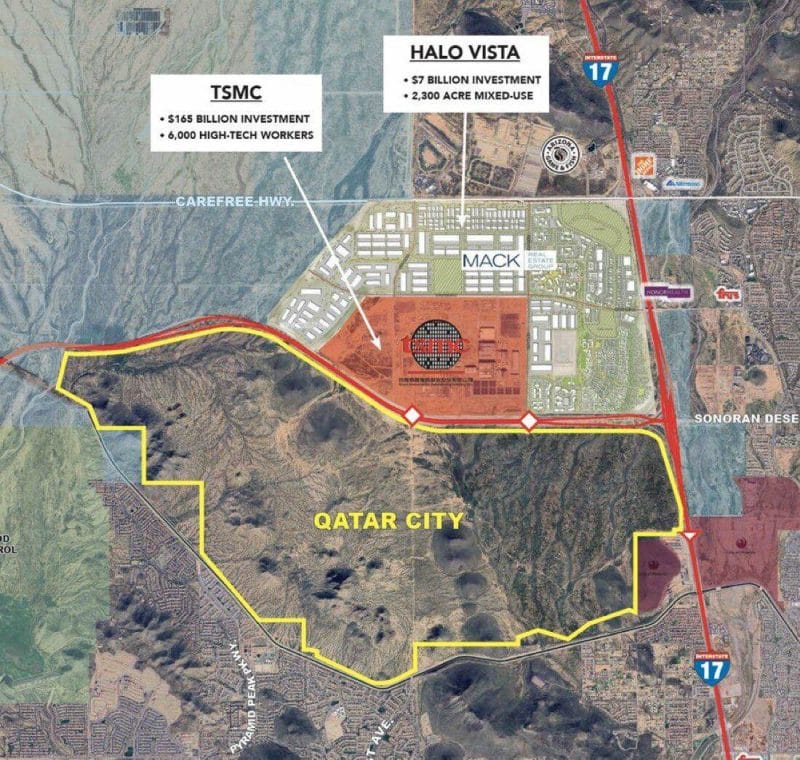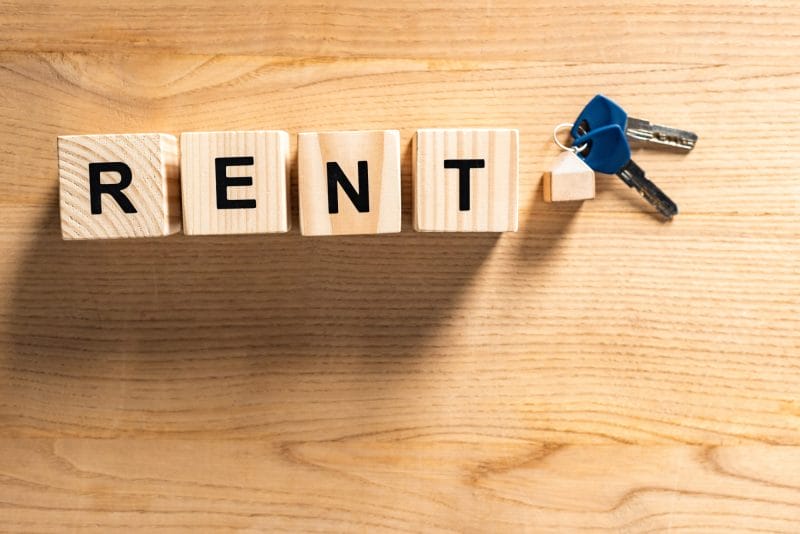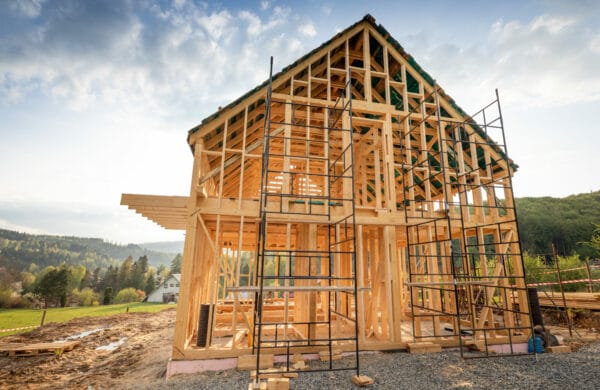By Andrew Oxford | Arizona Republic
An election that narrowly split the state Legislature between Republicans and Democrats might not have seemed like a promising prelude for a high-stakes legislative session.
As Arizonans faced an ongoing pandemic, uncertainty about their unemployment benefits and continued virtual learning at schools, the Republican majority in the state Senate set to work earlier this yearrelitigating the results of the last presidential election and trying to jail the Maricopa County Board of Supervisors. The daily war over masks and other health precautions carried over into the House of Representatives.
Related: The rise of women in state legislatures, state-by-state
But the year’s work at the Capitol also has yielded something surprising: bipartisan agreements, many brokered by seemingly unlikely alliances.
Bipartisan majorities at the Legislature passed and Gov. Doug Ducey already has signed a bill to reverse a decade-old anti-immigrant law.
Both the House and Senate are working on legislation to boost the state’s spartan unemployment benefits — a potential breakthrough after payment levels stagnated for years.
And even if some of the bills it passes are long shots, a Criminal Justice Reform Committee has put a spotlight on one area where several Democrats and Republicans share common ground.
While it often sounds at the Legislature like the 2020 election never really ended, some contentious proposals that were bogged down for years are breaking through.
And Democrats have seen more of their bills advance than usual in the Republican-controlled Legislature.
Is bipartisanship in the air, or just the math of a Legislature where Republicans hold only one-seat majorities in both the House and Senate?








